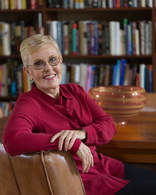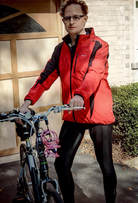|
Jessica McDougald is pursuing a Bachelor’s Degree in Creative Writing for the Entertainment Industry which she intends to utilize to become a Video Game Writer. Mrs. McDougald is currently working towards obtaining her first published work and is most well known for a Fallout 4 video game tutorial video on YouTube for which she has gained a multitude of followers and over 22,000views. She answers the questions of her followers almost daily to guide them through the gaming world. She is currently working on establishing her presence in the writing industry. Ding Dong Ditch |
Categories
All
|






 RSS Feed
RSS Feed